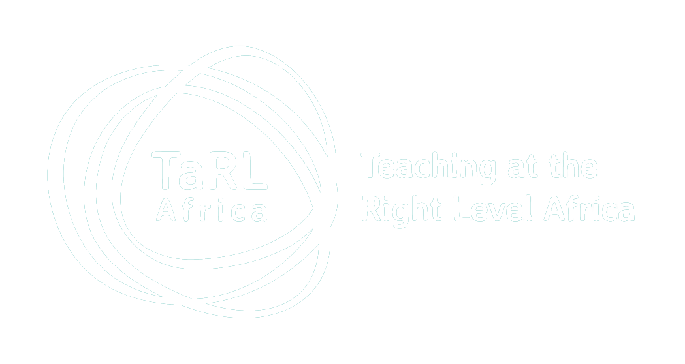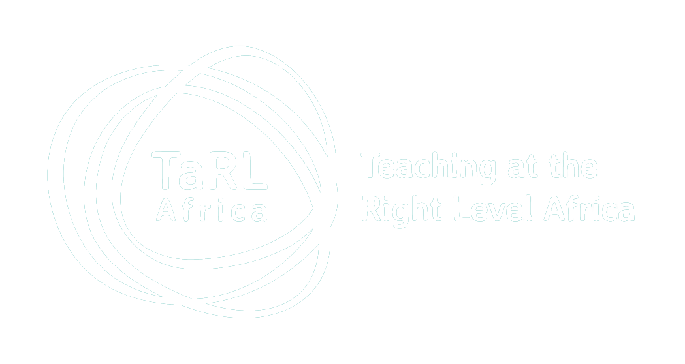Nigeria

Background
TaRL Africa’s team in Nigeria supports Teaching at the Right Level (TaRL) programming across five states. While there are variations in the design of the programs across the different states, in all states children in either grade three to grade five or grade four to grade six are assessed and grouped by learning level rather than age or grade. TaRL programmes focus on foundation reading (in either English or Hausa) and Math for one and a half to two hours a day. Adamawa, Borno and Yobe TaRL Africa has provided technical support to UNICEF and Non Governmental Organisations andand state government partners in North East Nigeria since 2018. This was the first TaRL pilot in Nigeria, and the first time TaRL had been piloted in a conflict setting.
In September 2018, the Borno State Universal Basic Education Board and Ministry of Education, with support from UNICEF, Plan International, TaRL Africa, and Foreign Commonwealth Development Office, launched a six-month TaRL pilot in 12 schools reaching about 9000 children in Borno State. During the pilot period, children able to read a simple paragraph increased from 14 percent to 45 percent. The ratio of children able to do a simple subtraction rose from 11 percent to 59 percent. The pilot established a vital proof point showing that TaRL could be effective in maths and Hausa in Nigeria and provided the basis for expanding TaRL work in the country.
In 2021, TaRL Africa began working closely with UNICEF as they planned for TaRL to expand within Borno and to bordering states Adamawa and Yobe. Due to the priorities of state governments, the expansion incorporated an approach designed to develop English skills, From Familiar to Formal (L2F2) developed by Pratham and piloted in Uganda. This approach uses mother tongue – Hausa and Kanuri, to help learners learn a second language.
Together with state partners and technical support from TaRL Africa, UNICEF in partnership with state partners plan to reach 270,000 children with TaRL programming by July 2022 with funding from the Global Partnership for Education (GPE) and KfW Development Bank. As part of the Partnership for Learning for All in Nigeria FCDO will be supporting the implementation of TARL in the NE through the EIE component and sub granting to the BC/TaRL partnership for accelerated learning component in Kano State. The EIE component in the NE is planning to reach 270,500 children by December 2025 while the accelerated program is targeting to reach 220,000 children by 2023.
The Kano Literacy and Maths Accelerator (KaLMA) pilot was launched in October 2019 by the Kano State Universal Basic Education Board, Ministry of Education, and Sa’adatu Rimi College of Education in collaboration with the British Council and Teaching at the Right Level (TaRL) Africa with funding from the Foreign, Commonwealth and Development Office (FCDO). Due to COVID-19 related school closures, the pilot was put on hold from April to December 2020 and resumed in schools in January 2021. During school closures, a package of remote support including radio broadcasts, text messages, automated voice messages (AVMs), and a toll-free line was developed to provide Home Based Learning (HBL) assistance to families in Wudil and Dawakin Tofa. Educators were also supported during school closures with continuing professional development (CPD) delivered via WhatsApp, text messages, and AVM in Maths and English. Given the uncertainty surrounding the spread of the coronavirus and lessons learned about the importance of home engagement during the school closure period, some home-focused support, alongside the in-school KaLMA programme, continued to be provided in 2021. This included foundational reading and mathematics worksheets, activity text messages, and ongoing radio broadcasts. Read more about lessons learned from the KaLMA pilot here.
The Kano SUBEB had indicated that they would like to scale-up the programme to an additional 5 local governments (approximately 600 more schools) in 2022. Together with partners, TaRL Africa is currently exploring how we can work together to support this.
In response to the learning losses borne out of COVID-19 school closures, the Kebbi State Universal Basic Education Board (SUBEB) applied for funding from the Universal Basic Education Commission (UBEC) to support a TaRL pilot in 2021.
In May 2021, the Kebbi Foundational Skills Accelerator (KeFSA) programme was launched in 122 schools across two local governments (Birnin Kebbi and Aleiro), reaching approximately 22,000 children in grades 3 to 5. By the endline in December 2021, there was a 27% reduction from 90% in children who could not read words and 25% reduction from 72% in children who could not identify 2 digit numbers.
Kebbi state government has indicated their desire to grow TaRL intervention to 5 more local government areas in the 2022/23 academic year.

